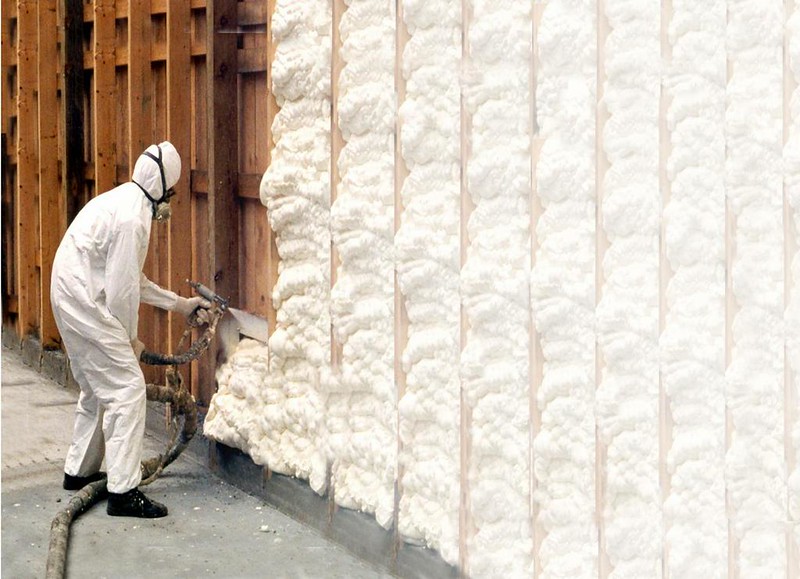Sustainable Energy Efficiency Solutions Driving the UK Toward 2030 Goals
In the UK, energy efficiency solutions focus on meeting EPC standards, installing heat pumps, and improving insulation through government-backed schemes. Homeowners adopt durable eco-technologies to cut energy bills, reduce emissions, and stay compliant with new laws.

How are heat pump installation grants helping UK homeowners?
Heat pumps are emerging as a key technology in the UK’s push for greener heating solutions. These efficient systems extract heat from the air or ground to warm homes, offering a more environmentally friendly alternative to traditional gas boilers. To encourage adoption, the UK government has introduced heat pump installation grants, making this technology more accessible to homeowners.
The Boiler Upgrade Scheme provides grants of up to £6,000 for ground source heat pumps and £5,000 for air source heat pumps. This financial support is crucial in overcoming the initial cost barrier, which has been a significant hurdle for many households considering the switch to heat pump technology.
What are EPC compliance energy upgrades and why are they important?
Energy Performance Certificates (EPCs) are an essential tool in assessing and improving the energy efficiency of buildings in the UK. EPC compliance energy upgrades are modifications made to properties to enhance their energy performance and achieve a higher EPC rating. These upgrades are becoming increasingly important as the UK government tightens regulations around energy efficiency in buildings.
Common EPC compliance energy upgrades include improving insulation, upgrading to double or triple glazing, installing energy-efficient lighting, and enhancing heating systems. These improvements not only help property owners meet regulatory requirements but also contribute significantly to reducing energy consumption and lowering carbon emissions across the country.
How do government-backed insulation schemes benefit UK residents?
Insulation is a cornerstone of energy efficiency in buildings, and the UK government has recognized its importance through various insulation schemes. These initiatives aim to improve the thermal performance of homes, reducing energy waste and lowering heating bills for residents.
The Energy Company Obligation (ECO) scheme is one of the primary government-backed insulation programs. It requires large energy suppliers to fund energy efficiency improvements in eligible households, with a focus on vulnerable and low-income families. Through ECO, residents can access free or subsidized insulation for their walls, lofts, and even underfloor areas, significantly improving their home’s energy performance.
What eco-friendly home efficiency solutions are gaining popularity in the UK?
As awareness of environmental issues grows, UK homeowners are increasingly turning to eco-friendly efficiency solutions. These range from simple DIY measures to more advanced technologies, all aimed at reducing energy consumption and minimizing carbon footprints.
Smart home systems are becoming increasingly popular, allowing residents to monitor and control their energy usage more effectively. These systems can automatically adjust heating, lighting, and appliances to optimize energy consumption. Additionally, energy-efficient appliances with high energy ratings are becoming standard in many UK homes, contributing to overall household energy savings.
How are durable energy saving materials transforming UK buildings?
The use of durable energy saving materials is transforming the construction and renovation landscape in the UK. These materials not only provide excellent insulation properties but also offer longevity, reducing the need for frequent replacements and minimizing waste.
| Material | Application | Energy Saving Benefits | Durability |
|---|---|---|---|
| Aerogel Insulation | Wall and roof insulation | Extremely high R-value, thin profile | Long-lasting, resistant to moisture |
| Phase Change Materials | Wall and ceiling panels | Temperature regulation, reduced HVAC load | 20+ years lifespan |
| Low-E Glass | Windows and skylights | Reduces heat transfer, improves insulation | Highly durable, long-lasting coating |
| Structural Insulated Panels | Walls, roofs, floors | High insulation value, airtight construction | Strong, resistant to moisture and pests |
Prices, rates, or cost estimates mentioned in this article are based on the latest available information but may change over time. Independent research is advised before making financial decisions.
Materials such as aerogel insulation, which offers superior thermal performance in a thin profile, are ideal for retrofitting older buildings without significantly altering their structure. Phase change materials incorporated into building elements can help regulate indoor temperatures, reducing the load on heating and cooling systems.
The adoption of these innovative materials is not only improving the energy efficiency of individual buildings but is also contributing to the overall reduction of energy consumption in the UK’s built environment. As these materials become more widely available and cost-effective, their impact on the country’s energy efficiency is expected to grow significantly.
In conclusion, the UK’s journey towards its 2030 sustainability goals is being propelled by a diverse range of energy efficiency solutions. From government-backed initiatives like heat pump grants and insulation schemes to the adoption of innovative materials and technologies, the country is making significant strides in reducing its carbon footprint. As these solutions continue to evolve and gain traction, they will play an increasingly vital role in shaping a more sustainable and energy-efficient future for the United Kingdom.




